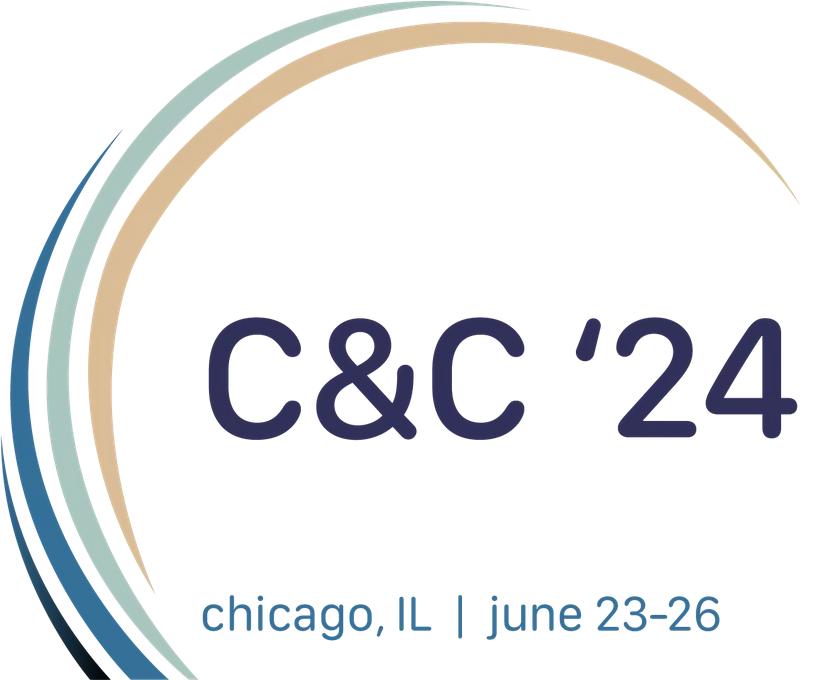AIM Student’s study finds popular song melodies have become simpler over time
 Melodies of popular songs have become simpler since the 1950s, according to a study carried out by AIM PhD student Madeline Hamilton and C4DM academic Dr Marcus Pearce, published in the journal Scientific Reports. The full paper can be found at: https://www.nature.com/articles/s41598-024-64571-x
Melodies of popular songs have become simpler since the 1950s, according to a study carried out by AIM PhD student Madeline Hamilton and C4DM academic Dr Marcus Pearce, published in the journal Scientific Reports. The full paper can be found at: https://www.nature.com/articles/s41598-024-64571-x
An analysis of hundreds of chart hits from the past 70 years has shown “a significant decline” in the complexity of rhythm and pitch in song melodies. They said the biggest transitions – or “bursts of change” – occurred in the years 1975 and 2000 – when music genres such as new wave, disco and stadium rock started gaining popularity in the mid-1970s, and hip-hop became more prominent in the early Noughties. The researchers said the findings suggest complexity and creative expression in popular music is shifting away from melody and towards other elements such as quality of the sound.
See the full newsitem published in the Independent: https://www.independent.co.uk/arts-entertainment/music/news/top-song-melodies-simpler-study-b2574633.html
 On 1-2 July 2024, AIM PhD student Jiawen Huang will participate at the
On 1-2 July 2024, AIM PhD student Jiawen Huang will participate at the  On 23rd-26th June, several AIM PhD students will participate in the
On 23rd-26th June, several AIM PhD students will participate in the